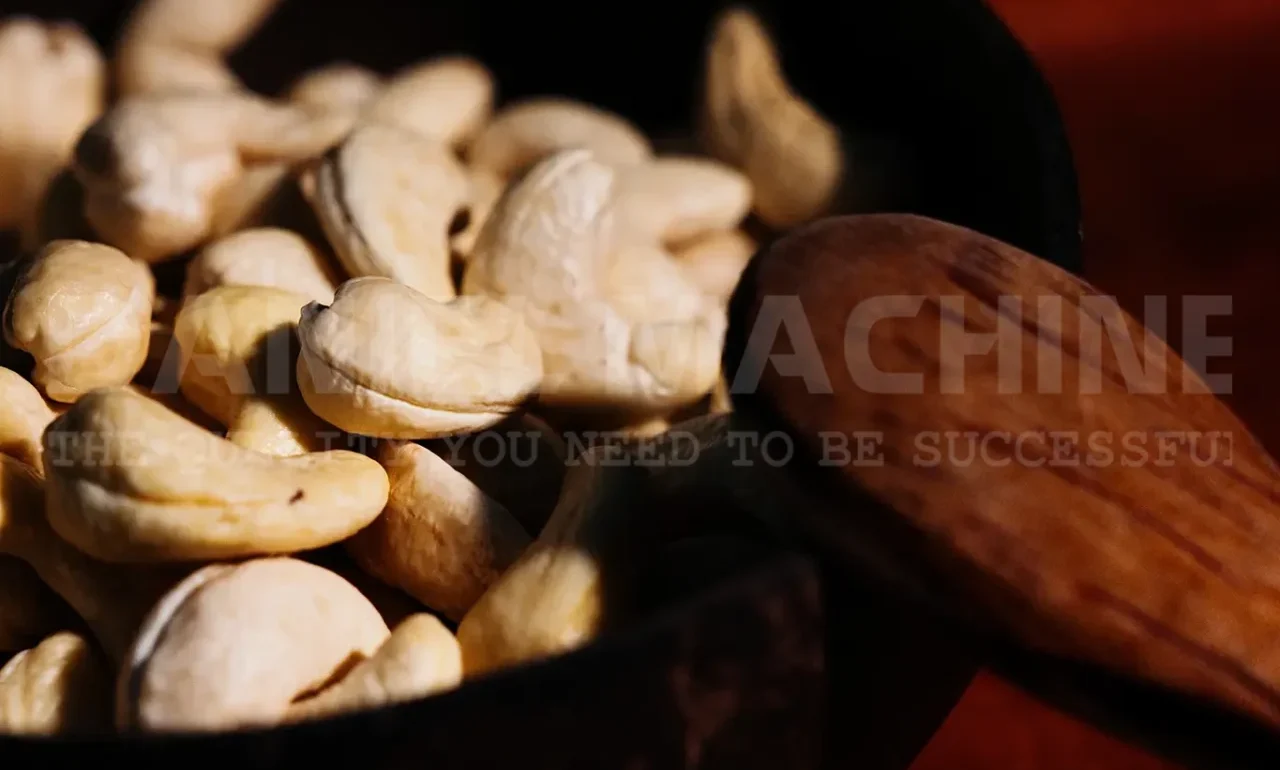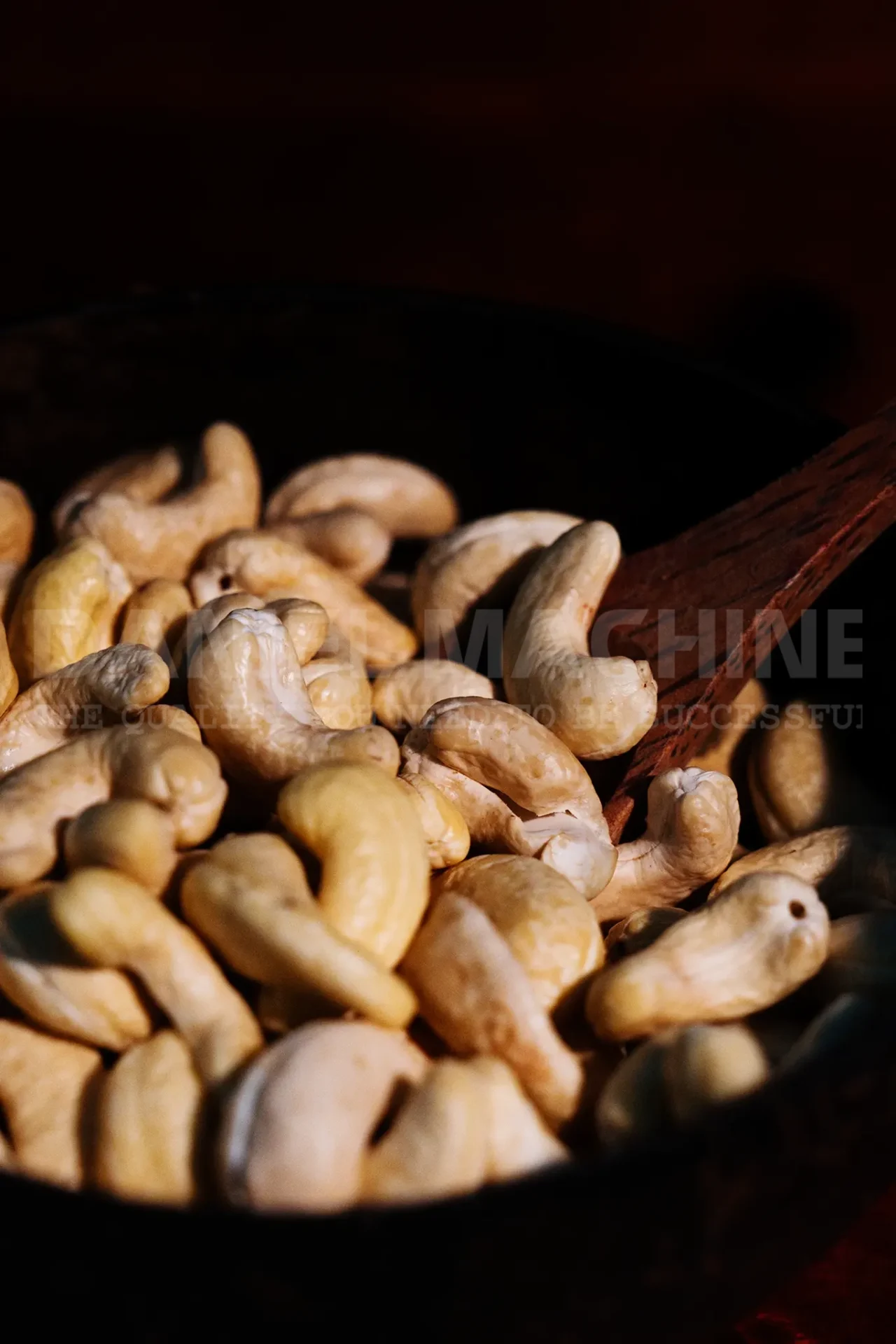
When shopping for cashew nuts, you may have noticed labels like W240, W320, or W450 on the packaging. For the uninitiated, these codes can seem cryptic, but they are actually a crucial part of the cashew nut grading system. This system is designed to help consumers, suppliers, and producers communicate the quality, size, and overall value of the nuts. Among these grades, W240 is one of the most sought-after, thanks to its balance of size, quality, and price. But what exactly is W240 in cashew? Let’s delve into the specifics of this grade and explore why it holds such importance in the cashew industry.
Cashew nuts are graded based on several factors, including their size, color, shape, and the number of kernels per pound. This grading system ensures that consumers receive a product that meets their expectations in terms of quality, taste, and appearance. For manufacturers and sellers, these grades help standardize the product and streamline the pricing.
The grades are usually denoted by a letter and a number. The letter ‘W’ stands for “white” or “whole,” indicating that the cashew kernels are whole and have a consistent, light color. The number that follows, such as 240 in W240, represents the number of cashew kernels per pound. This means that a pound of W240 cashews will contain approximately 240 kernels.
Significance of W240 in Cashew
The W240 grade is highly valued in the market because it represents a high-quality product with a larger kernel size. The number 240 indicates that the cashew kernels are moderately large, making them desirable for both direct consumption and culinary uses. Their uniformity in size and color also makes them ideal for packaging and presentation, which is why W240 cashews are often found in premium products.

Characteristics of W240 Cashews
W240 cashews are distinguished by several key characteristics:
- Size: With around 240 kernels per pound, W240 cashews are larger than many other grades, offering a satisfying bite and a richer flavor profile.
- Color: These cashews have a uniform white or pale ivory color, indicating freshness and minimal processing.
- Shape: The nuts are whole and have an appealing, consistent shape, which enhances their aesthetic value in dishes and as snacks.
- Texture: W240 cashews have a firm, crunchy texture when fresh, making them ideal for eating raw, roasting, or adding to various recipes.
How W240 Compares to Other Cashew Grades
The cashew grading system includes several other popular grades, each with its own unique attributes. To understand the significance of W240, it’s helpful to compare it to other common grades like W180, W320, and W450.
- W180: Known as the “King of Cashews,” W180 cashews are larger and therefore considered more premium than W240. With approximately 180 kernels per pound, they are often the most expensive.
- W320: A more common grade than W240, W320 cashews have around 320 kernels per pound. They are slightly smaller and less expensive, making them popular in the mass market.
- W450: These cashews are smaller and more affordable, with around 450 kernels per pound. While still whole and white, their smaller size makes them less desirable for premium products.
In comparison, W240 offers a middle ground between size and price, providing good value for consumers who want high-quality cashews without paying the premium for W180.

The Global Demand for W240 Cashews
The demand for W240 cashews is robust across global markets, driven by their ideal balance of size, quality, and price. Countries like the United States, Europe, and parts of Asia, where cashew consumption is high, often favor W240 for both retail and culinary applications.
Cashew nuts, especially those graded as W240, are a popular choice in health-conscious markets due to their nutritional benefits. Rich in healthy fats, proteins, and essential minerals, W240 cashews are not only tasty but also contribute positively to a balanced diet.
How W240 Cashews are Processed
Processing cashew nuts to achieve a W240 grade involves several meticulous steps. The process begins with the harvesting of raw cashew nuts from the cashew tree, followed by drying, shelling, and peeling. After these initial steps, the nuts are sorted by size, color, and shape.
- Harvesting: Cashew nuts are harvested when fully mature and ready for processing.
- Drying: The nuts are dried to reduce moisture content, which is crucial for preserving their quality.
- Shelling: The hard outer shell of the cashew is removed, typically using mechanical methods, to expose the kernel inside.
- Peeling: The thin, inner skin covering the kernel is peeled off, often by roasting or boiling the nuts to loosen the skin.
- Grading: The kernels are sorted and graded according to size, color, and quality. W240 cashews are selected during this stage for their specific characteristics.

Nutritional Profile of W240 Cashews
Why Choose W240 Cashews?
Choosing W240 cashews offers several advantages, whether you’re a consumer looking for a tasty snack or a business seeking a reliable product for retail or culinary use. Their size makes them versatile for a variety of uses, from snacking to cooking, and their quality ensures a premium eating experience.
- Versatility: W240 cashews are perfect for a wide range of culinary applications, from being eaten raw to being incorporated into savory and sweet dishes.
- Quality Assurance: The W240 grade guarantees a high standard of cashews, ensuring that each kernel meets specific criteria for size, color, and taste.
- Value for Money: While they are not the largest or most expensive cashews available, W240 cashews offer an excellent balance of quality and price.
Uses of W240 Cashews in Cooking and Baking
W240 cashews are highly versatile and are used in a wide range of recipes, from traditional dishes to innovative culinary creations. Their size and texture make them ideal for both savory and sweet applications.
- Snacking: W240 cashews are perfect for snacking, whether enjoyed on their own or mixed with other nuts and dried fruits.
- Cooking: They can be added to stir-fries, curries, and salads to add a crunchy texture and nutty flavor.
- Baking: W240 cashews are excellent for baking, providing a rich, buttery taste to cookies, cakes, and pastries.
- Nut Butter: These cashews are often used to make creamy, smooth cashew butter, a popular alternative to peanut butter.
Storage Tips for W240 Cashews
To maintain the quality and freshness of W240 cashews, proper storage is essential. Cashews are sensitive to temperature, humidity, and light, all of which can affect their flavor and texture.
- Airtight Containers: Store W240 cashews in airtight containers to prevent exposure to air, which can lead to rancidity.
- Cool, Dry Place: Keep them in a cool, dry place away from direct sunlight to preserve their freshness.
- Refrigeration: For long-term storage, cashews can be kept in the refrigerator or freezer, which will extend their shelf life significantly.
- Avoid Moisture: Ensure the cashews are completely dry before storing, as moisture can promote mold growth.
The Economic Impact of W240 Cashew Production
The production of W240 cashews has significant economic implications, especially in countries where cashew farming is a major industry. Nations such as India, Vietnam, and Brazil are among the top producers of cashew nuts, and the demand for specific grades like W240 plays a crucial role in their economies.
- Employment: Cashew production and processing provide employment for millions of people in these countries, particularly in rural areas.
- Export Revenue: Cashew nuts, especially higher grades like W240, are a major export commodity, contributing to the national income.
- Sustainable Farming: There is a growing trend towards sustainable farming practices in the cashew industry, which not only benefits the environment but also improves the livelihoods of farmers.
Conclusion
Understanding what W240 in cashew means allows consumers and businesses alike to make informed decisions about the cashew products they purchase and use. This particular grade, with its optimal balance of size, quality, and affordability, continues to be a favorite in the global market. Whether for snacking, cooking, or baking, W240 cashews offer excellent value and versatility, making them a staple in kitchens and markets around the world. By knowing how to store and use these cashews effectively, you can enjoy their rich flavor and nutritional benefits for a long time.
To receive support for cashews at preferential prices, please contact Daniel Machine.
Frequently asked questions
What does W240 mean in cashews?
W240 refers to a grade of cashew nuts that indicates there are approximately 240 whole kernels per pound. The “W” stands for “whole” and “white,” referring to the quality and appearance of the nuts.
How does W240 compare to W320?
W240 cashews are larger than W320 cashews, with fewer nuts per pound, making them more desirable and slightly more expensive. W320 is more common and affordable, with around 320 kernels per pound.
Are W240 cashews better for cooking or snacking?
W240 cashews are versatile and suitable for both cooking and snacking. Their larger size and rich flavor make them ideal for various culinary applications as well as for eating directly.
How should I store W240 cashews to keep them fresh?
Store W240 cashews in an airtight container in a cool, dry place away from sunlight. For extended freshness, they can be refrigerated or frozen.
What are the nutritional benefits of W240 cashews?
W240 cashews are rich in healthy fats, protein, vitamins, and minerals. They support heart health, muscle growth, and overall wellness.
Why is W240 cashew a popular grade?
W240 cashews strike a balance between size, quality, and price, making them a popular choice for both consumers and retailers. Their consistent quality and moderate price make them highly desirable.

